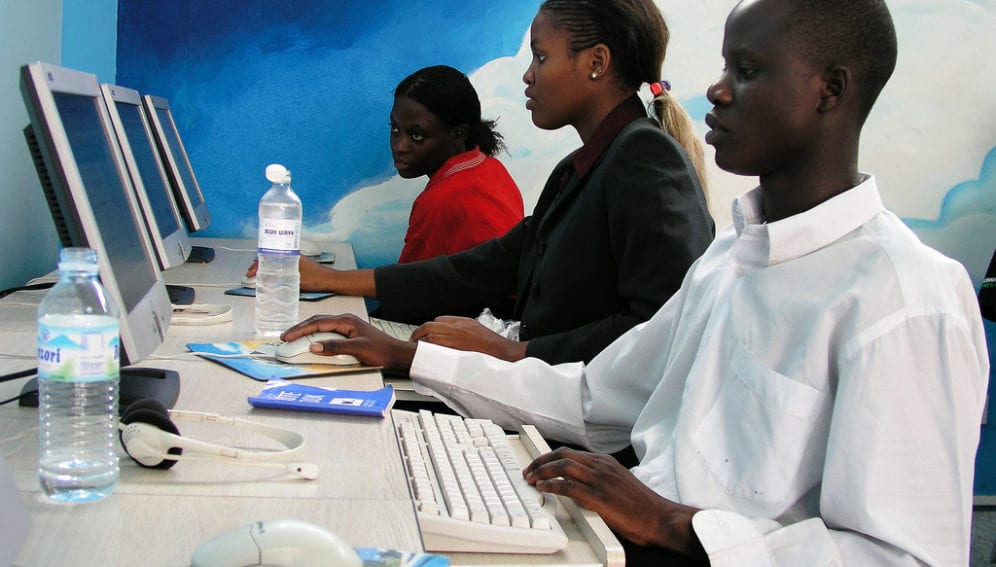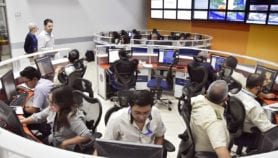By: Jan Piotrowski
Send to a friend
The details you provide on this page will not be used to send unsolicited email, and will not be sold to a 3rd party. See privacy policy.
Last month's launch of Internet.org — a partnership of multinational media and technology companies that aims to provide universal Internet access — has been greeted with cautious optimism by experts.
The initiative is spearheaded by Facebook, and aims to connect the rest of the world to the Internet by developing new technology, improving data transmission efficiency and boosting incentives for businesses to expand affordable access.
But the current plans are vague and the initiative must work to justify its claims by providing clarity about how it will proceed, says Tusu Tusubira, the CEO of African Internet access initiative the UbuntuNet Alliance.
"Over the last 25 to 30 years, there have been a lot of initiatives claiming that they will make a big impact [on Internet access]," he tells SciDev.Net.
This recent collaboration could make a real difference, but only if it goes beyond a public relations exercise to flesh out the vision and back it up with sufficient resources, he adds.
Internet.org — also comprising Ericsson, MediaTek, Nokia, Opera, Qualcomm and Samsung — has a three-pronged approach to bringing Internet access to the five billion people currently without it.
First, it aims to develop and adopt technologies that bring connectivity prices down, such as low-cost smartphones and networks for cheap data transfer.
Data delivery is expensive, so finding ways of reducing the data needs of devices, applications and networks is another priority.
Finally, efforts will be made to help the private sector create sustainable business models that make it easier for people to access the Internet. This could involve aligning incentives for service operators, device manufacturers and developers to provide more affordable access.
A specialist in implementing ICT network projects from the European Commission's Development and Cooperation department believes that Internet.org's goals are achievable, and is optimistic that the motivations and commitment displayed are genuine.
"Publicity is good but you have to produce the results, and they know this," he tells SciDev.Net.
Nonetheless, the lack of details released leaves him wary.
One specific omission — the importance of building a strong, local industrial sector — is particularly worrying for Tusubira.
"Ramping up the industrial base so that devices can be manufactured locally is essential for long-term sustainability," he tells SciDev.Net.
The plan does mention working with local partners, but he fears this will be a temporary measure focused on cost-effectiveness rather than a long-term goal of fostering the necessary capacity and industrial base.
“To make it work on a global scale you need a rich, dynamic group.”
Dwight Witherspoon,
Ericsson
Merely creating a marketplace for the partners' own products and services will only drain resources from low-income countries as they will have to buy all the necessary technology, he adds.
Furthermore, says Tusubira, the partnership faces the huge task of tackling varying and inconsistent policy and regulation in developing world regions, particularly in Africa.
But as no single company has the financial clout to provide universal Internet coverage, any cooperation should be welcomed, he says.
The wide range of expertise offered by the initiative's partners gives it every chance of success, says Dwight Witherspoon, spokesman for Ericsson.
Ericsson, for example, specialises in installing basic infrastructure, while Facebook's proficiency is in applications and data centres, he says.
And while no details about action plans, budgets or targets have been finalised, the group agrees that it will only succeed through partnership with a wide variety of actors, such as universities, governments and NGOs.
"The initial challenges are technological, but to make it work on a global scale you need a rich, dynamic group," says Witherspoon.
Plans on how to implement their goals are at an early stage, he says, but meetings over the next few months should begin to crystallise them.
Link to Internet.org
See below for a video about the initiative:














